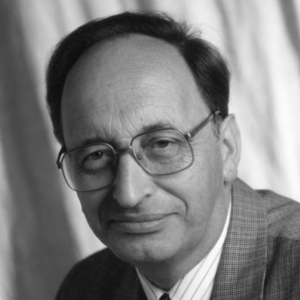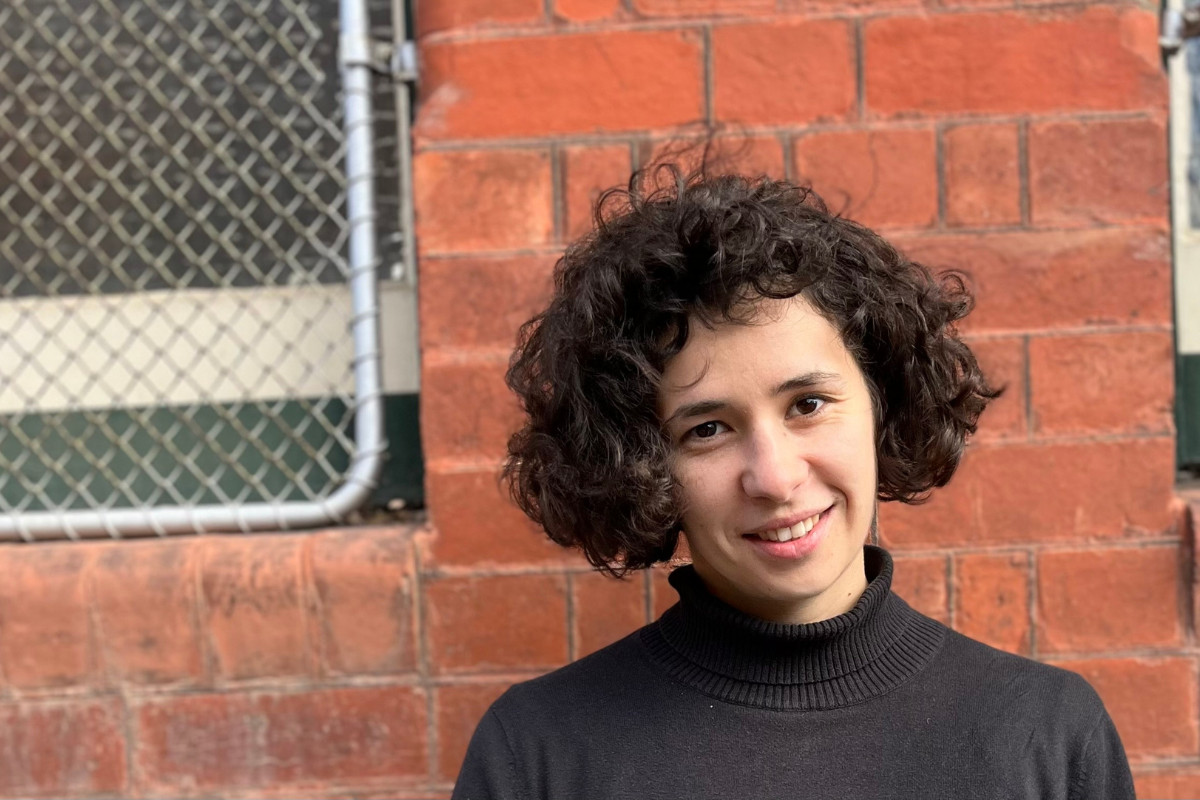Ernst & Rosemarie Keller Fund
The Ernst & Rosemarie Keller Fund provides support of up to $5,000 to the research activities of Australian humanities scholars whose research is concerned with German history, literature, language, politics or culture, or with German contributions to the history, literature, languages, politics or culture of either Australia or the Asia-Pacific region. It is awarded triennially.
Eligibility
- Applicants must be Citizens or Permanent Residents of Australia who are residing in Australia at the time of nomination.
- Applicants must be in the early/mid stages of their careers, which will be determined, inter alia, by how recently a PhD was conferred. In normal circumstances it should have been conferred no more than ten years prior to the closing date for applications.
- Applicants who have received their PhD more than ten years ago but who can demonstrate a significant, commensurate period of career interruption (such as maternity or parental leave, carer’s responsibility, illness, unemployment, or non-research employment) may be considered eligible. This includes disruptions caused by COVID-19. A justification for the career interruption must be submitted as part of the proposal.
- Applicants must be working in the Humanities, defined as those discipline areas for which the Academy is responsible: Archaeology; Asian Studies; Classical Studies; English; European Languages and Cultures; History; Linguistics; Philosophy and the History of Ideas; Religion; Cultural and Communication Studies; and The Arts.
- Applications will be accepted from independent scholars as well as those working in institutional settings.
- Applicants must be working on a project concerned with German history, literature, language, politics or culture, or with German contributions to the history, literature, languages, politics or culture of either Australia or the Asia-Pacific region.
Criteria
This Award may be used to support the following research activities:
- Travelling Fellowships for travel within Australia and internationally. These short-term fellowships (of between 2-8 weeks duration) are envisaged as an opportunity to gain access to research facilities, outstanding scholars and leading research environments.
- Masterclasses featuring an internationally renowned scholar whose research is concerned with the Humanities. The objective of these inbound fellowships is to foster international collaboration via visits to Australia by eminent humanities scholars. The international scholar would participate in a programme of research activities such as seminars and masterclasses at more than one institution, or seminars and masterclasses at a single institution involving scholars from multiple institutions.
- Workshops involving scholars whose research is concerned with the Humanities.
Applications
Nominations for the 2024 round have closed. Enquiries may be directed to grants@humanities.org.au.
Announcements will be made 18 September 2024.
Fund History
The Ernst & Rosemarie Keller Fund was established in 2014 through a generous bequest by Rosemarie Keller to commemorate her husband, Dr Ernst Keller FAHA (PDF, 544KB), and his distinguished career in German and Comparative Literature.
Previous recipients
Since being established in 2014, recipients have received up to $5,000 to support their research.
Dr Lucy Benjamin
The University of Melbourne
Arendt and Benjamin: Anonymity and Places of Mourning
Travelling Fellowship to Portbou, Spain and Verona, Italy
Dr Luke Smythe
Monash University
The Informel as an Engine of Uncertainty: Gerhard Richter, Karl Otto Götz and Information Aesthetics
Travelling to Bonn, Germany
Dr Mike Zuber
University of Queensland
The Captive Alchemist: The Lives of a Soldier of Fortune, Fertility Doctor, Courtier, and Conman in Franconia
Travelling to Thurnau, Germany
Professor Anna Haebich FASSA FAHA
Curtin University
Collectors and Collections
Travelling to Cologne and Heidelberg, Germany.
Dr Donna West Brett
University of Sydney
Photography and Surveillance in Divided Germany
Travelling to Berlin, Germany.


